-
L4
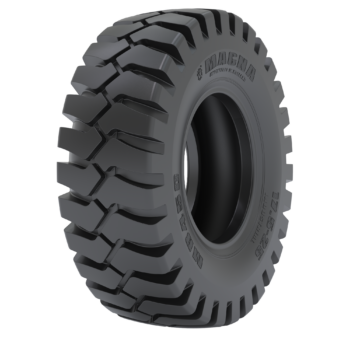
MB450
- 17.5-25
-
E4
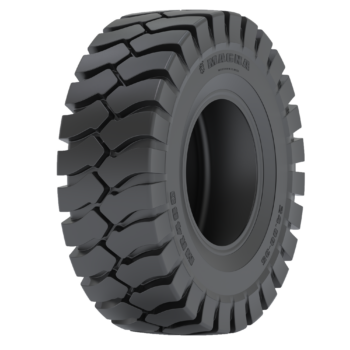
MR480
- 24.00-35
-
L5
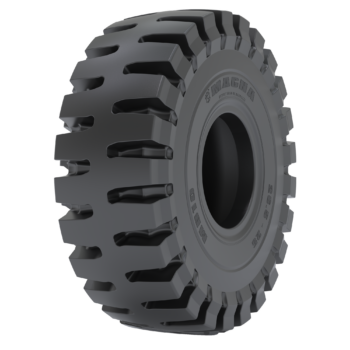
MB10
- 26.5-25
-
E7
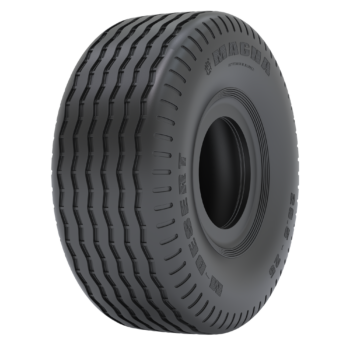
M-DESERT
- 21.00-25
- 29.5-25
-
L5S
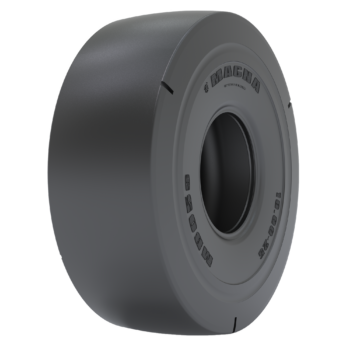
MB05S
- 10.00-20
- 12.00-20
- 12.00-24
- 14.00-24
- 17.5-25
- 18.00-25
- 26.5-25
-
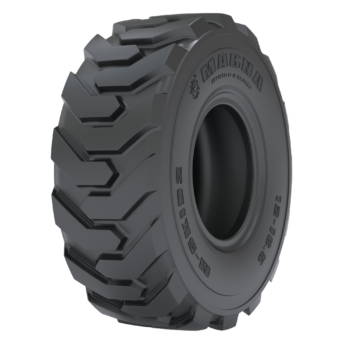
M-SKID2
- 10-16.5
- 12-16.5
- 445/65-22.5
-
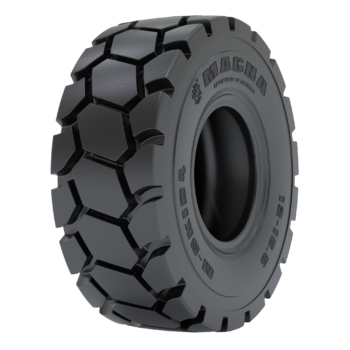
M-SKID4
- 10-16.5
- 12-16.5
-
IND
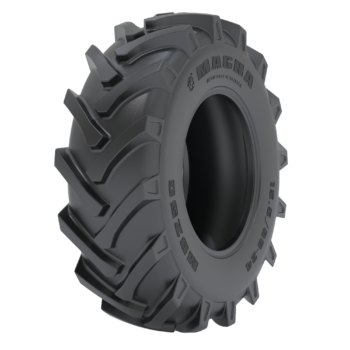
MB250
- 15.5/80-24
-
IND
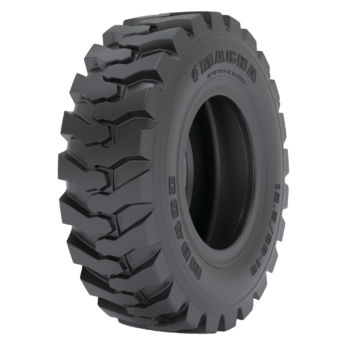
MB400
- 10.5/80-18
- 12.5/80-18
-
IND
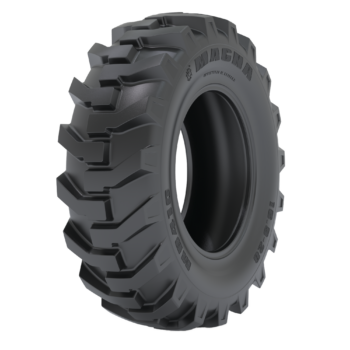
MB410
- 17.5L-24
- 19.5L-24
- 18.4-26
- 16.9-24
- 16.9-28
- 21L-24
-
IND
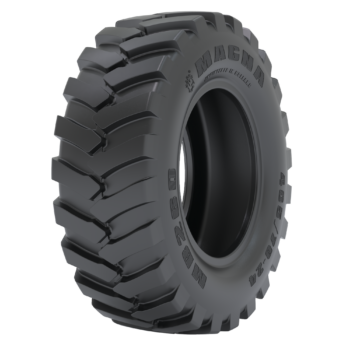
MB260
- 405/70-20
- 405/70-24
-
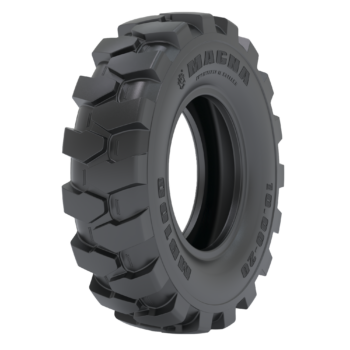
MB100
- 10.00-20
-
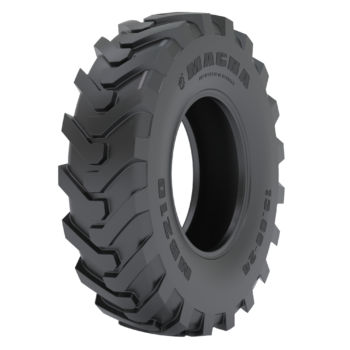
MB210
- 13.00-24
- 14.00-24
-
IND
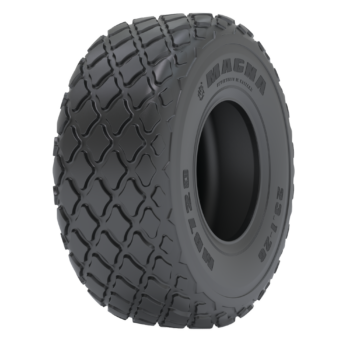
MB720
- 23.1-26
-
IND
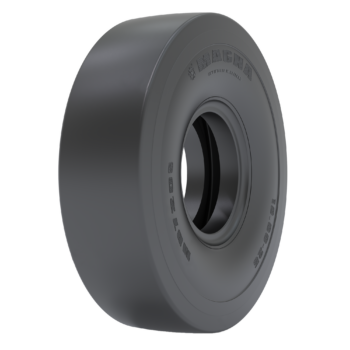
MB720S
- 11.00-20
-
IND-3
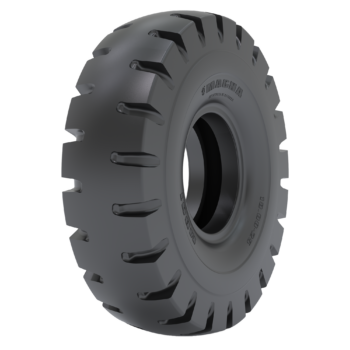
MB01
- 16.00-25
- 21.00-25
- 18.00-33
- 21.00-35
-
IND-4S
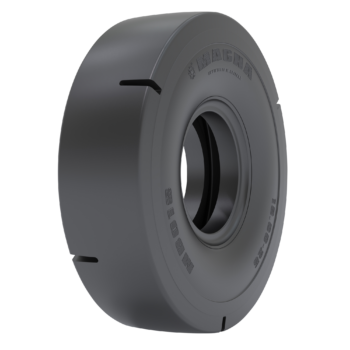
MB01S
- 18.00-25
-
IND-4
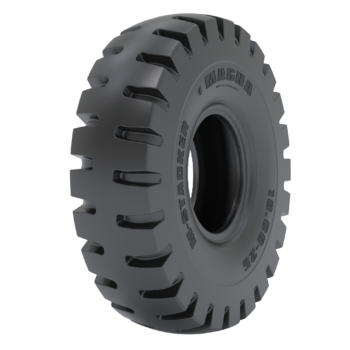
M-STACKER
- 18.00-25
-
IND-4
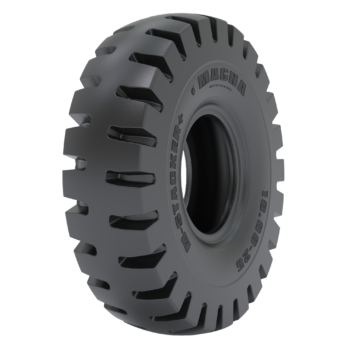
M-STACKER+
- 18.00-25
-
IND-4
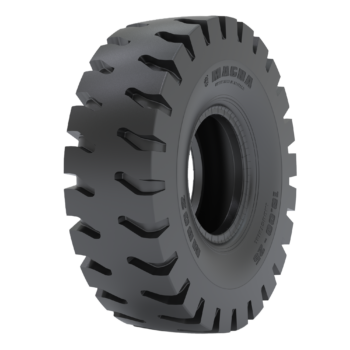
MB02
- 11.00-20
- 12.00-24
- 14.00-24
- 18.00-25
- 18.00-33
-
IND-3
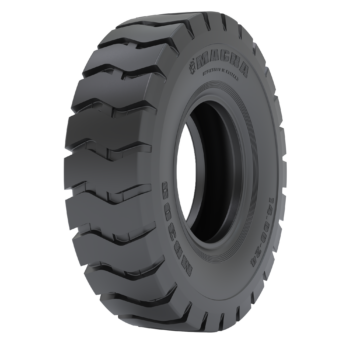
MB300
- 15.5-25
- 16.00-25
-
IND-3
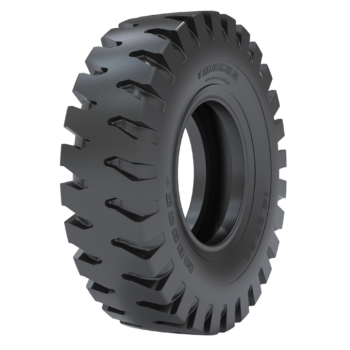
MB300+
- 14.00-24 TT
- 14.00-24 TL
-
IND
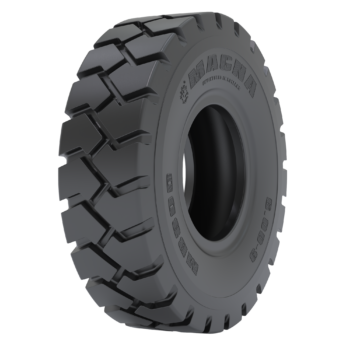
MB800
- 5.00-8
- 6.00-9
- 6.50-10
- 7.00-12
- 8.25-15
- 28X9-15
- 250-15
- 300-15
- 10.00-20
- 12.00-20 (20)
- 12.00-20 (24)
- 355/65-15
Diagonal Tyres
Diagonal tyres are also known as bias tyres or cross-ply tyres. They represent a traditional construction method that predates the widespread adoption of radial tyres. In a bias tyre, the internal ply cords run diagonally across the tyre, forming a crisscross pattern. The name ‘bias’ refers to the diagonal arrangement of these cords, which typically consist of layers of nylon fabric.
Bias Tyre Construction
One notable characteristic of bias tyres is their robust sidewalls, providing stability and resistance to damage from impacts and punctures. This durability makes them well-suited for off the road applications. Bias tyres are also known for their load-carrying capacity, making them suitable for vehicles that require robust support under heavy loads. The sturdiness of bias tyres is particularly advantageous in scenarios where a rugged and tough tyre construction is necessary. This sturdiness comes from the overlapping layers of cords crisscrossed at an angle, forming a sturdy and durable tyre construction.
While bias tyres possess strengths in specific contexts, they also come with trade-offs. Bias tyres can be less fuel-efficient on paved roads. In addition, they generally exhibit higher rolling resistance and generate more heat during operation compared to radial tyres. That property makes a bias tyre less suitable for higher speeds. Off the road machines tend not to drive very fast, therefore this trade-off does not compromise the specific operations these tyres are designed for. Additionally, their ability to navigate through rough terrains with ease makes them a preferred choice for certain specialised vehicles. The unique strengths and robustness of bias tyres make them indispensable in industries requiring heavy-duty performance.
The use of Bias Ply Tyres
You can find bias tyres on various machines within the segments of construction, port & terminal, mining & earthmoving and airport applications. You can find our bias tyres on these types of machines:
- Articulated Dump Truck
- Backhoe Loader
- Boat Lift
- Compact Wheel Loader
- Compactor
- Empty Container Handler
- Forklift
- Grader
- Ground Support Equipment
- Material Handler
- Reach Stacker
- Rubber Tyred Gantry Crane
- Scraper
- Skid Steer Loader
- Telescopic Handler
- Terminal Tractor
- Terminal Trailer
- Underground Loader
- Underground Speciality Machinery
- Wheeled Excavator

